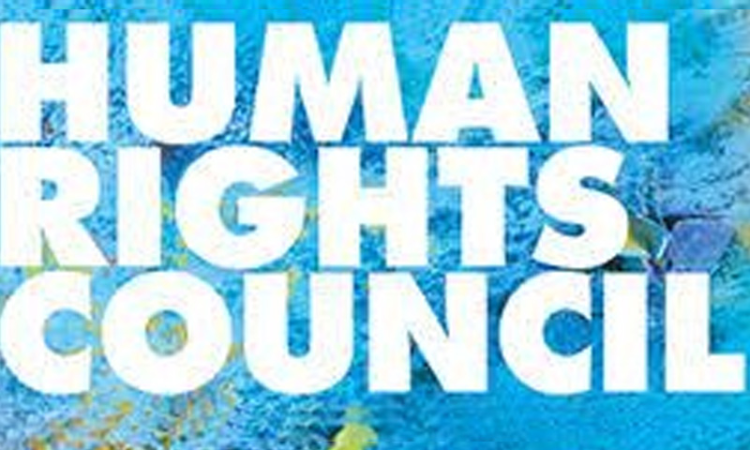Russian Suspension At The Human Rights Council: Band-Aid On A Bullet Wound?
Bhavya Gupta
10 April 2022 12:36 PM IST

In witness to the killing of civilians in Bucha (Ukraine), the UN General Assembly on Thursday suspended the membership of the Russian Federation from the Human Rights Council (HRC). This resolution stemmed from a proposal moved by the US calling for the resumption of the emergency special session on Ukraine. Passed by a two-thirds majority of those present & voting, 24 states voted against the suspension while as many as 58 abstained. This three-way split in voting also underscores the growing cacophony of divided opinions among the States on the issue. The favouring states celebrate the move as "a step in the right direction", sending a "strong signal of accountability". The disapproving States believe that dealing with the membership of the HRC in such a way sets a "dangerous precedent" and will only intensify the conflict by aggravating divisions. It is the first time a permanent member is stripped of its membership at a UN forum and the only second such instance at the HRC. On the other hand, few abstaining states are of the opinion that such a suspension "is premature and prejudges the outcomes of the Commission of Inquiry". This refers to the regular session of the HRC concluded recently in March that established an Independent International Inquiry Commission conferred powers to investigate, identify, document & analyse evidence as well as make recommendations to affix the individual criminal responsibility of the perpetrators.
Thus, such a divide at the GA requires closer scrutiny of the membership requirement at the HRC. In 2006, When the Council replaced its predecessor 'The Commission on Human Rights' (CHR), it was expected to counter the main criticism levelled against the Commission- that it was not representative and hence undemocratic. Four main changes at the HRC followed: First, rather than the 54 countries that comprise the ECOSOC, the members of the HRC are chosen by all of the UN's 193 member States. Second, the UN reduced Council's membership from 53 to 47. Third, unlike the CHR, members of the HRC are not eligible for re-election immediately after serving two consecutive terms. Fourth, HRC must elect each state in its own right as opposed to the practice of the CHR, where it would become incumbent upon the ECOSOC to approve membership proposals from regional 'groups'.
Despite these structural reforms, the HRC retains elections based on a system of fixed regional seats to have an equitable geographical representation in the Council. Therefore, there is no guarantee that a State having stellar Human rights records will become a member ipso facto as it has to contest the election and win it. In such a scenario, picking Libya in 2011 and Russia now for condemnation echoes criticism of the CHR that the members pursue their interests instead of preventing human rights abuses and strengthening its enforcement. The suspension may be nothing more than a gimmick for saving grace, even as the West continues to supply arms to Ukraine as well as import oil and other commodities from Russia while calling on other States to enforce the sanctions.
The author is a PhD scholar at Jawaharlal Nehru University. Views are personal.


